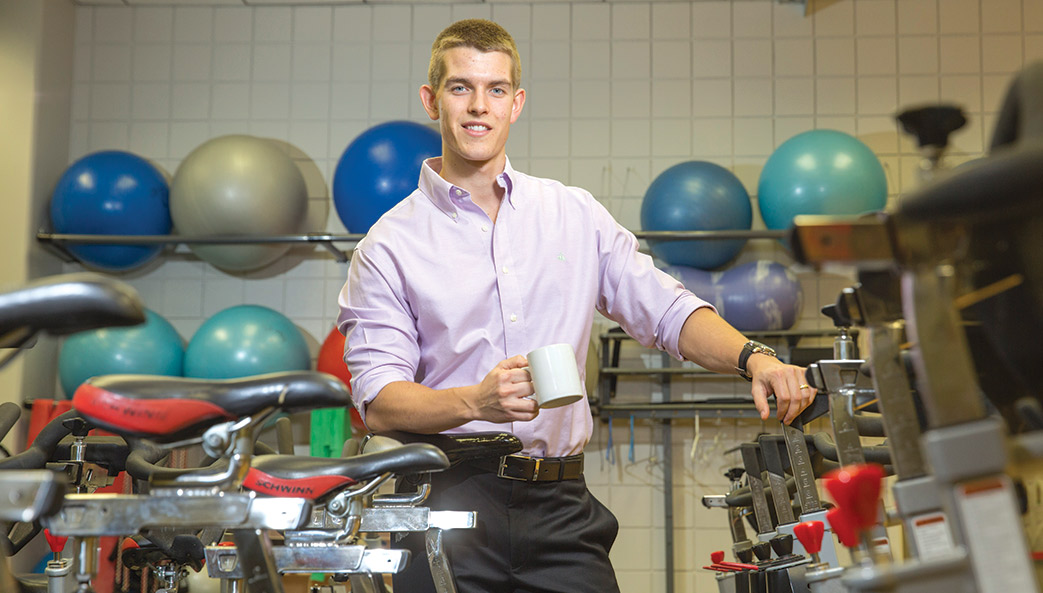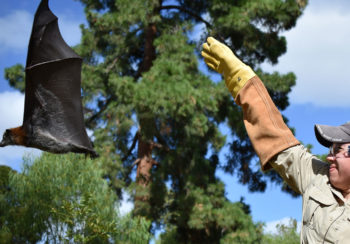Researchers at the University of Georgia are helping to move agriculture into the technological 21st century. Led by Changying “Charlie” Li, professor of electrical and computer engineering in the College of Engineering and director of the Phenomics and Plant Robotics Center, a research group in his BSAIL (Bio-Sensing And Instrumentation Lab) is developing autonomous robots to help both farmers and scientists improve precision agriculture techniques.
The technology, created in collaboration with plant scientists in the College of Agricultural and Environmental Sciences, scans and analyzes phenotypic traits like seed emergence or flowering time. This information can reveal a lot about crops’ health, life cycle and yield potential for each genotype. They described their modular agricultural robotic system (MARS) in a paper that recently appeared in the Journal of Field Robotics.
Currently, the researchers are testing the technology on cotton. Rovers scan the rows of plants and gather information that feeds into machine-learning models for trait extraction and data visualizations, helping researchers assess the cotton bolls and flowers and predict the eventual yield.
Precision agriculture technologies are becoming increasingly important as the world population grows, putting pressure on the production of food, fiber and fuel. Through advances such as Li’s rovers, farmers will be able to make better decisions about their crops, helping them meet global agricultural needs in the future.





